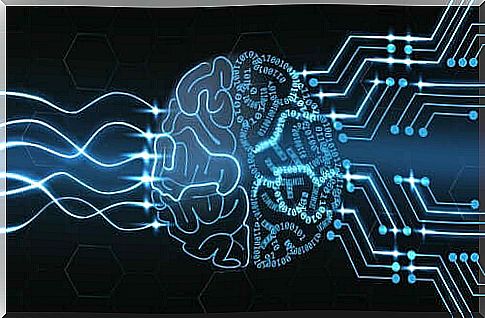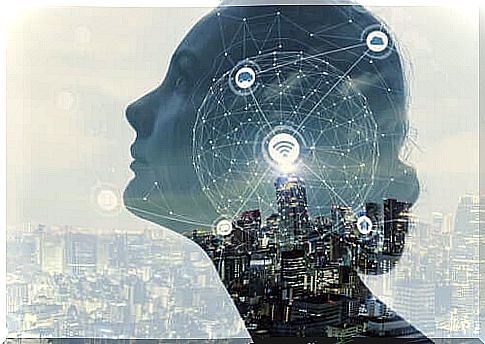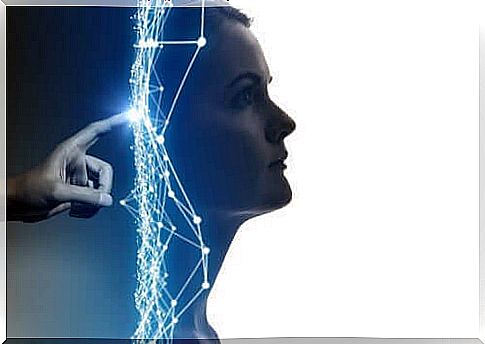Artificial Intelligence And Psychology

There is a connection between artificial intelligence and psychology. In this article we will deepen the definition of this connection and also its consequences. Just read on and learn more about artificial intelligence and psychology.
First, let’s start by defining these two disciplines. The word “psychology”, according to Merriam-Webster, is “the science of the mind and behavior and the psychological or behavioral characteristics of an individual or group”. In addition, they define the term “artificial intelligence” as “a branch of computer science that deals with simulating the intelligent behavior of computers and the ability of a machine to mimic humans”.
Areas of psychology related to artificial intelligence

Artificial intelligence and psychology are linked. Both deal with mental processes, behavior and emotions. But the fact that they are two different disciplines doesn’t mean they are mutually exclusive.
Let’s consider the fields of psychology related to artificial intelligence:
- Educational Psychology. Educational innovation is about learning in a different but very effective way. Artificial intelligence elements are also used. For example intelligent tutor systems, educational robotics and neuroeducation.
- Neuroscience. Artificial intelligence promotes research in this area.
- Clinical Psychology. Will robots replace psychologists in the future?
- Cognitive psychology. It arose from cybernetic paradigms. In addition, it influenced the understanding of human abilities. Indeed, research continues to provide new insights in this area. For example, Hugo D’Alarcao shows in his article “Artificial Intelligence: Myths and Realities” the processes that psychology as a science has gone through. He also explains the connection between these two sciences in terms of their interdisciplinary collaboration. So, according to this author, artificial intelligence and psychology are constantly influencing each other.
- Organizational psychology. One of the challenges of this department of psychology is to improve the selection process with systems of artificial intelligence.
- Forensic psychology. Artificial intelligence is also used in crime simulation.
As you can see, there are some areas of psychology that can benefit a lot from artificial intelligence. In addition, both sciences also make important contributions to other research areas.
The psychologist Carlos González Tardón wrote an article on the subject. In it he talks about how simulated beings can perform interventions in psychology and psychotherapy. It also provides information on new tools in experimental psychology.
Artificial intelligence and psychology in current and future psychotherapy
Today there are already great advances in therapeutic processes that are improved by artificial intelligence. Isn’t that fascinating? Because in this way many things that previously only existed in human imagination gradually become a reality.
For example, there are already robots that are able to perceive emotions and thus improve the lives of some people. These assistance robots can be used as companions for people who suffer from Alzheimer’s disease. In addition, there are many other projects that can make the lives of people who need mobility aids easier. This is really amazing progress!
But artificial intelligence is much more than creating robots with human characteristics. These systems are also suitable for therapeutic processes. For example, therapists can work with their patients through virtual reality.

Artificial intelligence and psychology: ethical concerns
While the idea of having revolutionary methods available to improve human wellbeing may seem wonderful, there are also some ethical concerns and problems that need to be addressed. This is absolutely necessary before these methods can be integrated into normal everyday life.
There is no doubt that technical support can improve the quality of life for many people. In today’s society , many families break and this continually creates new challenges for people.
For example, if you install a program on your computer or download an app to your mobile phone, you agree to the terms of use without having read them in the vast majority of cases. Since you assume that every user accepts these terms, you also agree to them. However, you should know that by doing so you are consenting to many things and granting many permissions that you are not even aware of.
In a way, you are delegating the review that you should do yourself to others. Or take a look at how social networks work.
Your friends’ profiles are full of advertisements and other commercial interests. These meeting places are run by economic initiatives that are very interested in your preferences and interests because they want to benefit from them.
But every psychologist is also bound by a code of ethics in his or her profession. And everyone knows these rules very well. If he violates this, he must answer to the responsible authorities for it. However, it is currently not yet possible for a machine to have this level of consciousness.
Final thoughts
Perhaps the two big dangers of artificial intelligence and psychology working together are:
- The transfer of sensitive data to a machine that is programmed in a language that the user does not know.
- Lack of awareness of standards or the code of ethics that governs certain services, benefits and activities.









